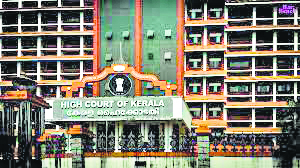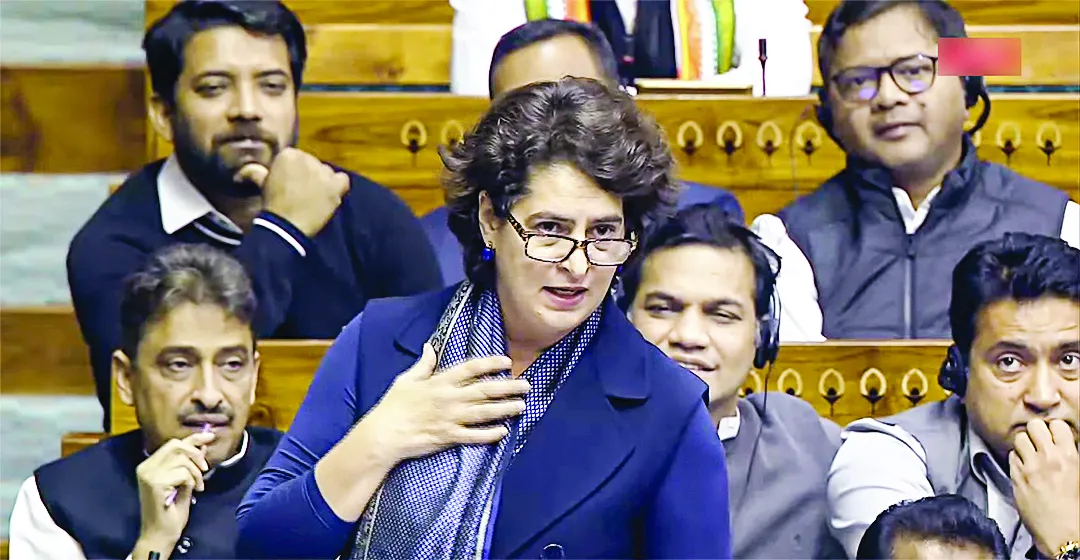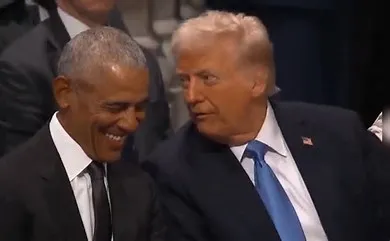The Kerala High Court in the case Ramachandran P v State of Kerala observed and has held that the District Level Authorization Committee, DLAC cannot deny the authorization for organ donation which is based on an assumption that the donor was exploited as she was from a disadvantaged community.
The bench headed by Justice Devan Ramachandran in the case observed and has stated that the DLAC cannot assume or presume based on the social status of the donor that the organ was not offered out of affection and altruism.
The court stated that, I am guided to the impression that ‘DLAC’ appears to have taken the afore view being swayed by the social status of the donor, who appear to be from a disadvantaged one; and thus, somehow has presumed that she appears to be subjected to exploitation by the 1st petitioner.
Further, the court observed that the impugned Ext.P12 report cannot add any force to this presumption or assumption – as the case may be; and am, therefore, of the firm view that ‘DLAC’ must reconsider the matter which is based on the statements that have already been recorded, but adverting specifically to the ‘Certificate of Altruism’ which the petitioners are stated to have produced before them, from the competent Police Authority.
It has also been held by the said court that the DLAC has to take a decision adverting to the certificate of altruism submitted by the parties from competent police authorities and not based on their assumptions.
The court in its order stated that the order issued by DLAC stating that the donor i.e., the 2nd petitioner is not offering the organ to the donee i.e., the 1st petitioner for altruism was challenged before the High Court.
Therefore, the donor and donee approached the Court to get authorization from DLAC for organ donation.
The counsel appearing for the petitioner Advocate C R Suresh Kumar submitted before the Court that the donor was offering the organ only based on her love and affection towards the done.
It was also argued before the court that the family members which includes the husband and brother of the donor had made it clear before the DLAC that the organ was offered for altruism only. On the other hand, it has been submitted by the Government Pleader Sunil Kumar Kuriakose that there was inconsistencies in the statements of the donor and her family members.
It was also argued before the court that more care had to be taken since the donor was from a disadvantaged community to ensure that she was not exploited.
The court stated that this court cannot find inconsistencies in the statement of the donor and her family members as noted by DLCA. Thus, it has been noted that that the donor was not legally wedded, but she was living together as husband and wife with a person called Manoj for the past sixteen years.
The court found that Manoj had been working as a driver for the donee since 2006 and he had helped them find a house as their families were against their relationship and the Manoj was unable to donate his organ as he had met with an accident earlier.
The court stated that the ‘DLAC’ could find that they could not ‘trace out any altruism on the part of the donor, especially a lady’ (sic).
The court while considering the facts and circumstances of the case directed the DLAC to reconsider the matter by adverting to the certificate of altruism produced by the parties.
Accordingly, the court allowed the writ plea.

















